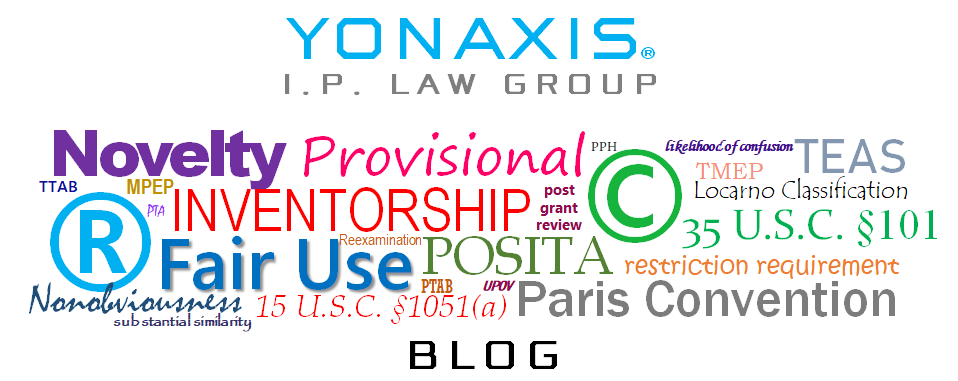The USPTO promulgated new rules on August 3, 2019, requiring foreign entities applying for a trademark registration to retain U.S.-based counsel for filing and prosecution of the trademark application. The new rule specifically requires all trademark applicants to retain a U.S.-admitted attorney to handle all trademark matters before the USPTO. The rule was aimed at foreign-domiciled applicants, and includes all Canadian domiciles seeking U.S. trademark registration. The rule’s goals are 1) create compliance among all trademark applicants regarding U.S. trademark laws, rules, and regulations; 2) improve trademark filing accuracy; and, most importantly, 3) reduce fraudulent or deceptive trademark filings, which some have attributed partly as a result of the growth of Chinese-based trademark applications before the USPTO. Mary Boney Denison mentioned this phenonmenon in her remarks before the U.S. House Subcommittee on Courts, Intellectual Property and the Internet back in July 2019.
However, there is a concern that the new counsel rule forces the Trademark Examining Corp to act as a quasi-immigration policing unit because Trademark Examiners will now be required to inquire about a foreign trademark applicant’s domicile, with further documentation required on that domicile if it is in the United States. The required information will be part of the regular Office Action during examination. Specifically, on page 3 of the Guidelines 4-19, Section A(3), all foreign applicants must verify the basis of the U.S. domicile as either a private residence for individuals or a corporate address for a juristic entity. Documentation and appointment of U.S. counsel, if the applicant resides outside the U.S., will also be required.
The requirements under the Lanham Act since 1946 have never required verifying an applicant’s U.S. address, nor has it required documentation of a foreign applicant’s U.S. address. Only the applicant’s citizenship and address, regardless of locale, were all that were required pre-Guidelines. Foreign citizens domiciled in the U.S., regardless of documented or undocumented status, will be required to indicate their visa status in order to verify whether the new counsel guidelines apply to them. This has raised concerns that the USPTO will be engaged in immigration policing which is outside the realm of intellectual property prosecution.
So far, it does not appear that any immigrant rights groups have raised objections to the new rule, which has been in place for a little over one month. However, expect there to be some questions raised by these groups in the future as the new counsel guidelines are fully implemented.
